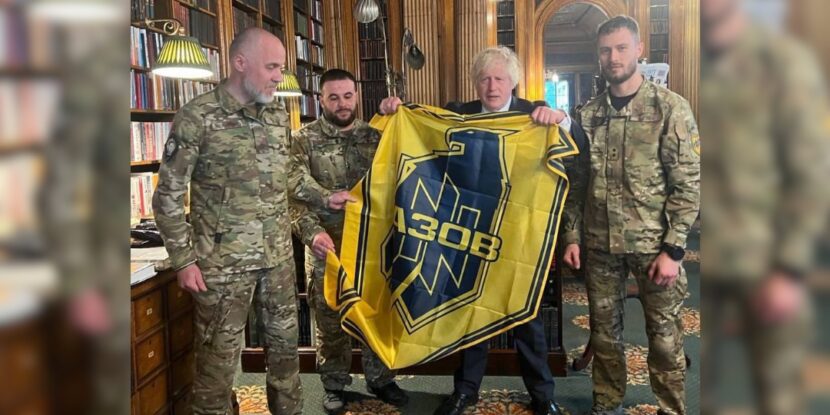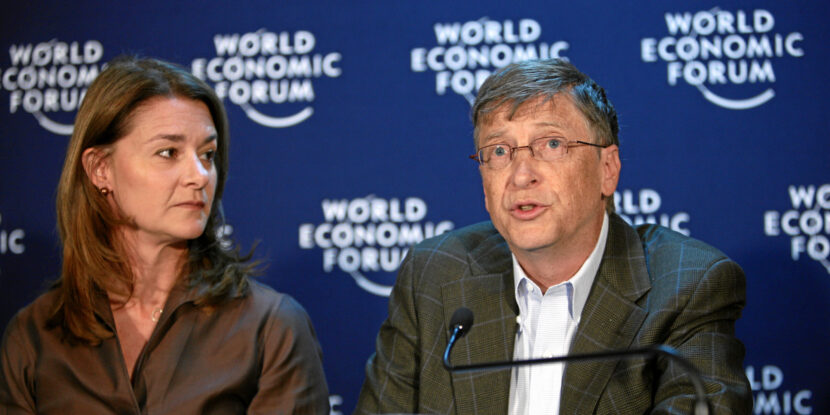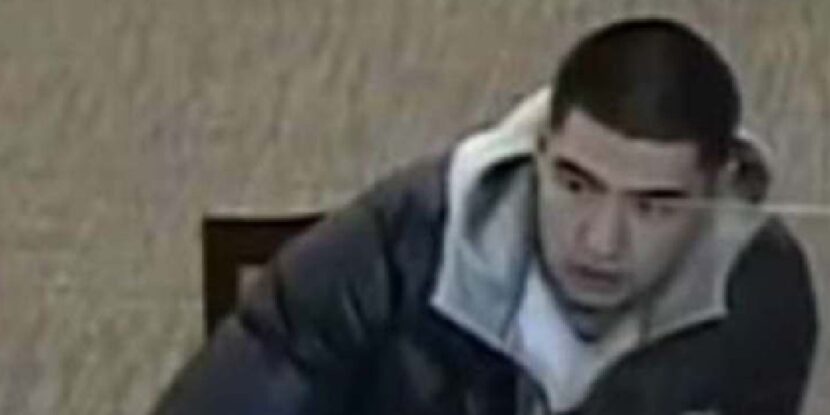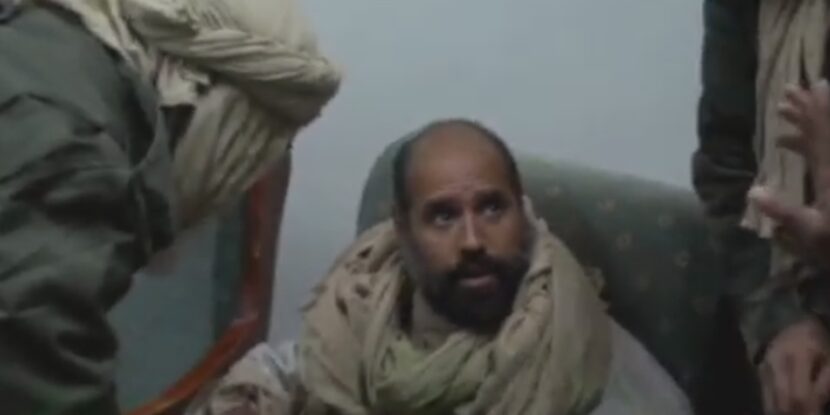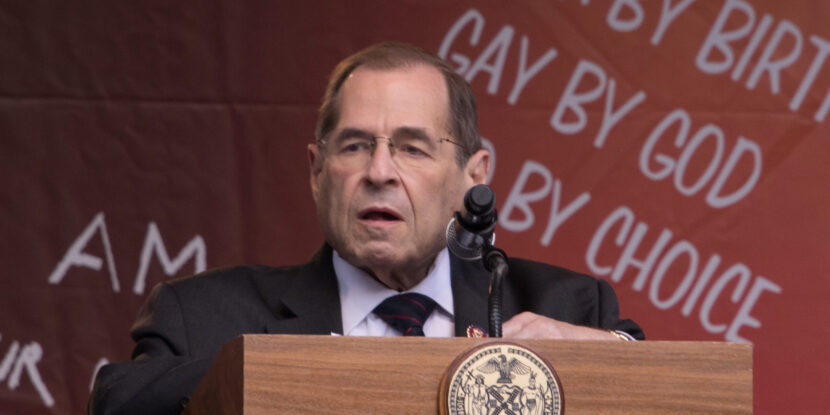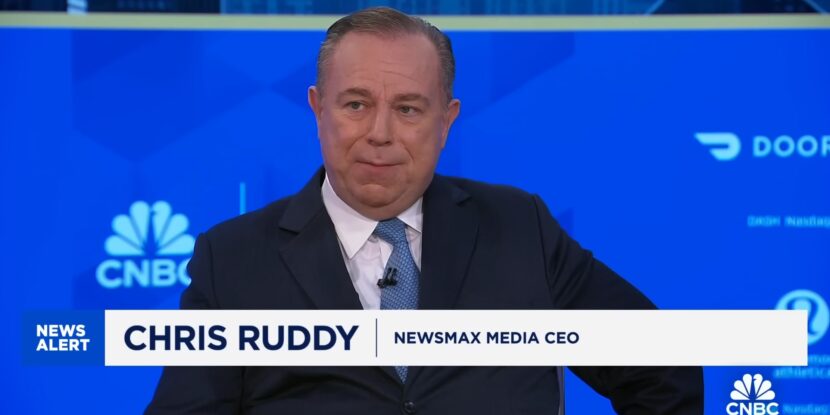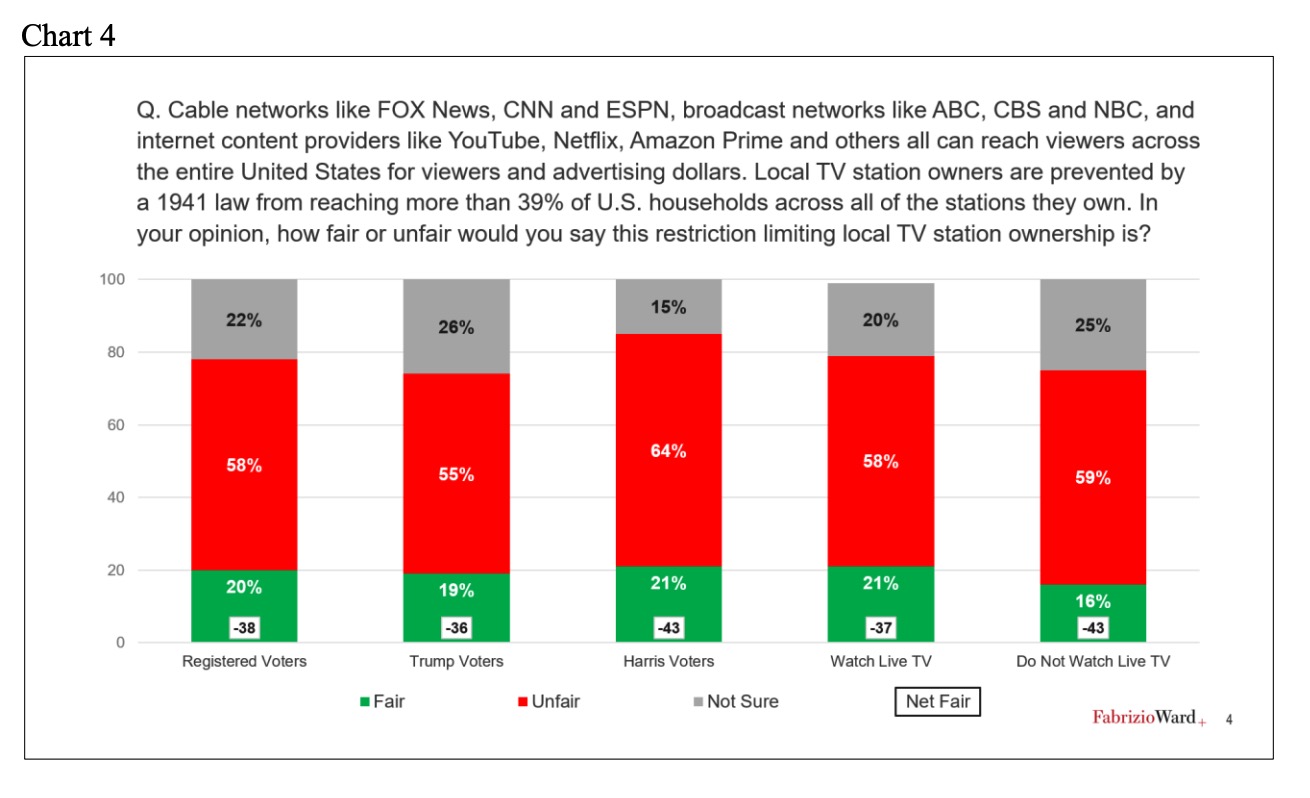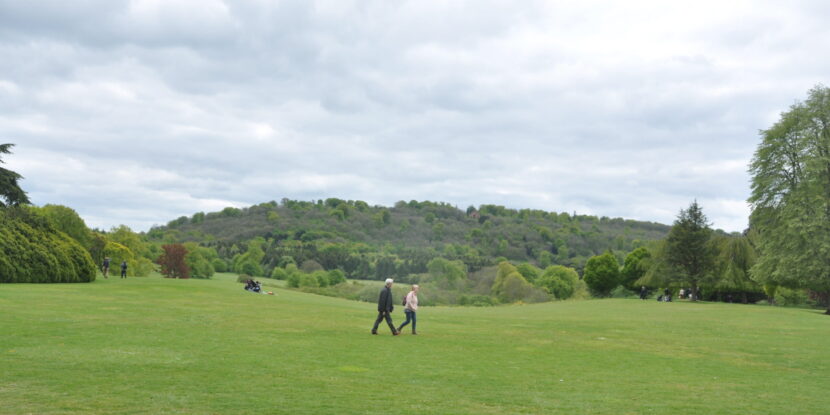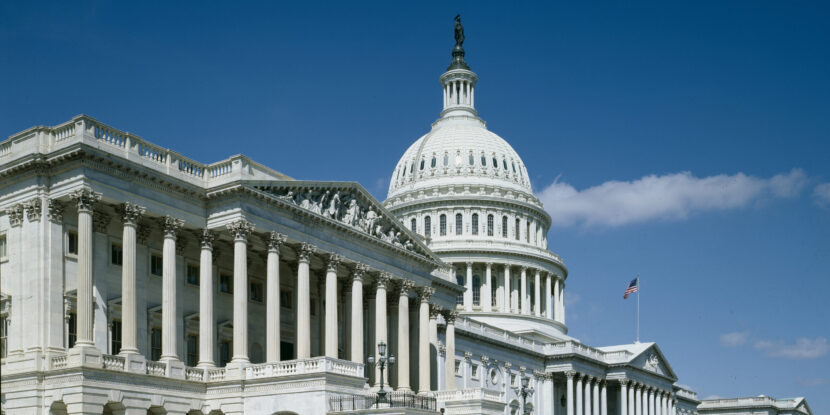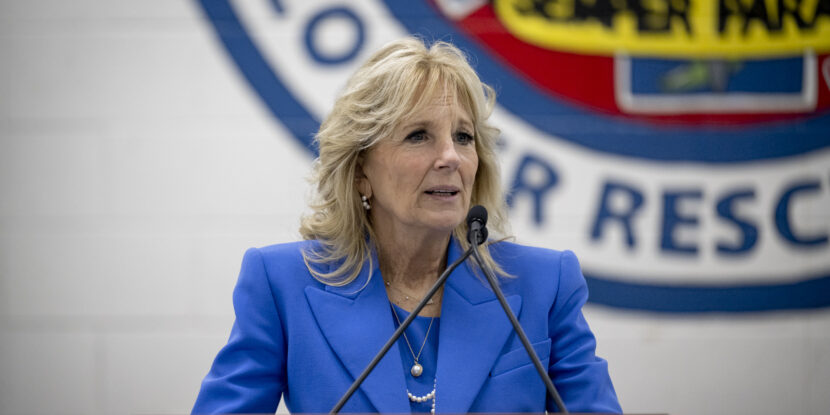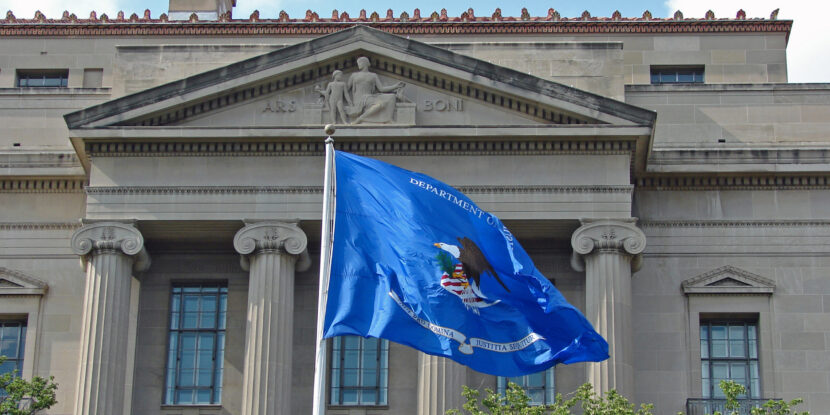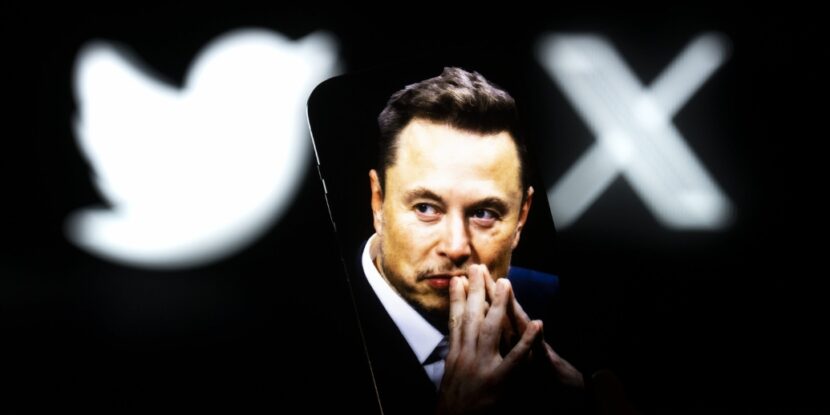❓WHAT HAPPENED: Former British Prime Minister Boris Johnson is pushing a new Russia hoax smear against Reform Party leader Nigel Farage. Johnson, speaking with journalist Harry Cole, called Farage “extremely dangerous” regarding policy toward Russia and said he has “serious anxieties” on Reform’s position on Ukraine.
👤WHO WAS INVOLVED: Boris Johnson, Nigel Farage, the Conservatives (Tories), the Reform Party, Russia, Ukraine, and the Azov Brigade.
📍WHEN & WHERE: Johnson’s remarks came in an interview previewed on September 24, 2025.
💬KEY QUOTE: Johnson claimed Farage is “extremely dangerous” regarding policy toward Russia and said he has “serious anxieties” on Reform’s position on Ukraine.
🎯IMPACT: Johnson has long acted as a lobbyist for the Ukrainian government, pushing Western leaders to escalate their participation in the country’s conflict with Russia. This includes pushing the former Biden government to provide military aid to the Neo-Nazi Azov Brigade.
Former British Prime Minister Boris Johnson is pushing a new Russia hoax smear against Reform UK leader Nigel Farage. Johnson, speaking with journalist Harry Cole, called Farage “extremely dangerous” regarding policy toward Russia and said he has “serious anxieties” on Reform’s position on Ukraine. The former Prime Minister went on to insinuate that Farage—whose Reform Party now leads both the ruling Labour Party and Johnson’s formerly governing Conservatives (Tories) in most election polls—is a threat to British national security.
While insisting the Conservatives are the only party with serious solutions, Johnson suggested Farage’s stance on Russia’s war against Ukraine poses a national security threat. However, the former Prime Minister, when pressed further by Cole, waffled and attempted to walk back the insinuation.
JUST IN: @BorisJohnson says @reformparty_uk are a threat to national security and brands @nigelfarage “extremely dangerous” on Russia and says he has “serious anxieties” on their Ukraine stance…
Preview of tonight’s show — subscribe to see it first. pic.twitter.com/ZCHSqSkOnx
— Harry Cole (@MrHarryCole) September 24, 2025
Notably, Johnson has long acted as a lobbyist for the Ukrainian government, pushing Western leaders to escalate their participation in the country’s conflict with Russia. Just weeks after the 2024 election, the former Prime Minister was pushing NATO to deploy combat troops in Ukraine, a move that would almost certainly result in a broader conflict between Russia and the West. Additionally, Johnson may have played an integral role in the original Russia collusion hoax, allegedly having authorized the United Kingdom’s Government Communications Headquarters (GCHQ) to spy on President Donald J. Trump’s 2016 presidential campaign when he was Foreign Secretary.
The National Pulse reported last year that evidence suggests Johnson had a hand in former U.S. President Joe Biden’s decision to lift restrictions on arming Ukraine’s Neo-Nazi Azov Brigade. Raheem Kassam, Editor-in-Chief of The National Pulse, said at the time, “The Azov Battalion… has absolute direct links to Neo-Nazism; this is not something that is disputed… What they say is that they have undertaken a PR operation to change their image and to try and put a lot of those things in the past… and, of course, one of their biggest lobbyists in the world at the moment, as we reported just a couple of weeks ago, is former British prime minister Boris Johnson, a lobbyist for Neo-Nazis.”
Not only did Johnson push for the normalization of and military aid for the Neo-Nazi Azov Brigade, he was also instrumental in scuttling peace talks in the early days of Russia’s invasion of Ukraine. Kassam reported in 2022 that Boris Johnson’s April 9, 2022, trip to Ukraine—which resulted in the UK pledging 120 new armored vehicles alongside anti-ship missile systems—led to a collapse in peace negotiations.
In February 2024, this detail was publicy confirmed by Russian President Vladimir Putin during an interview with Tucker Carlson. The Russian president alleged that Johnson dissuaded Davyd Arakhamia, leader of Ukraine’s ruling party, from signing the peace accord. Putin suggested the preliminary agreement had been reached in Istanbul after direct negotiations with Ukrainian officials.
Join Pulse+ to comment below, and receive exclusive e-mail analyses.
